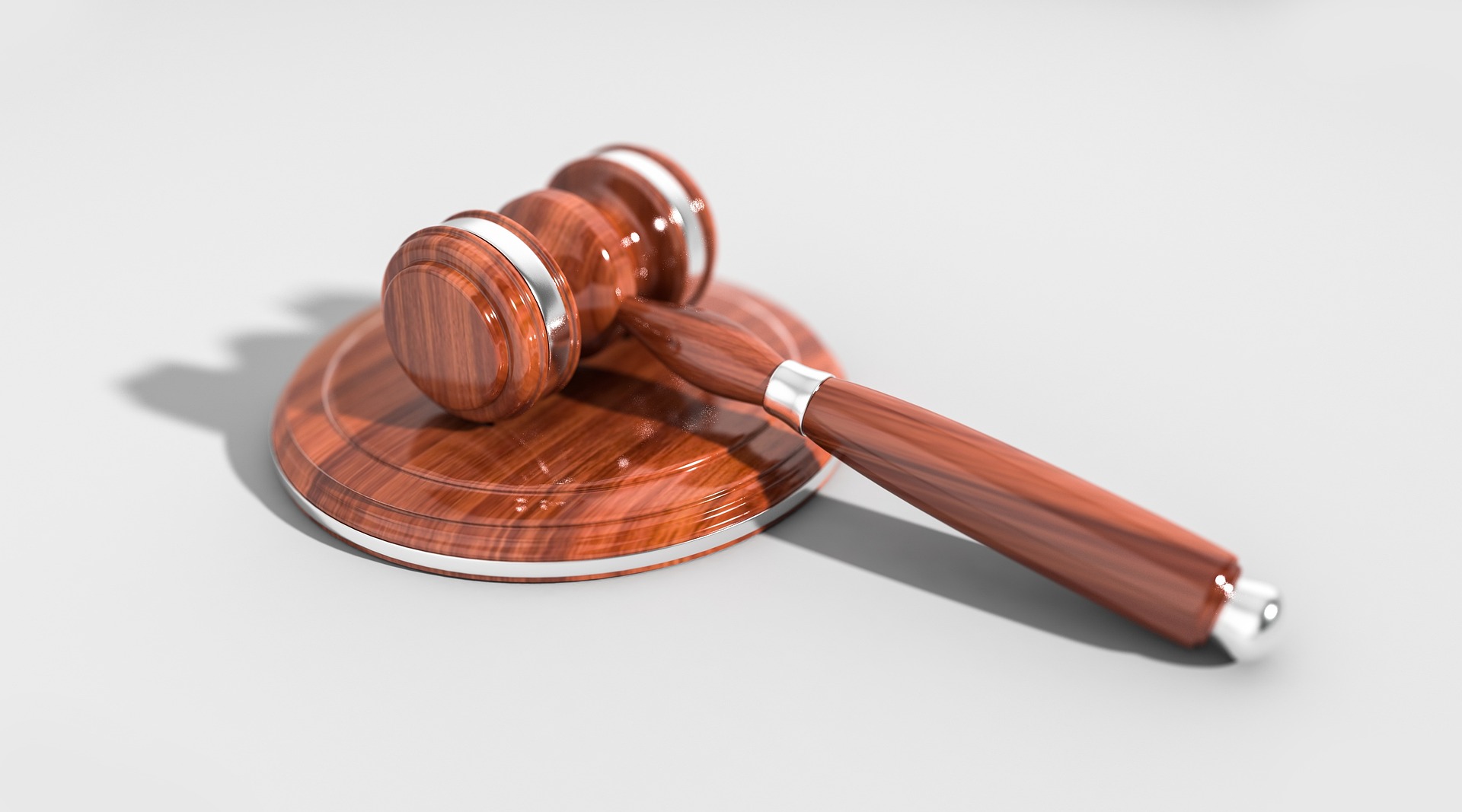Analyzing the Influence of Supreme Court Decisions on American Society
The Supreme Court of the United States plays a pivotal role in shaping the country's legal and social landscape. Its landmark decisions often have far-reaching implications, affecting various aspects of American life. This article delves into the impact of some notable Supreme Court rulings, shedding light on how they redefine societal norms, influence public policy, and alter the course of American history.

Supremacy of Supreme Court Decisions: A Historical Overview
The Supreme Court’s authority stems from Article III of the U.S. Constitution, which establishes the judicial branch as an independent entity. Over the centuries, the court has issued decisions that have transformed American society, from banning racial segregation in public schools (Brown v. Board of Education, 1954) to upholding the Affordable Care Act (National Federation of Independent Business v. Sebelius, 2012). These rulings underscore the court’s role in interpreting the Constitution and shaping the nation’s legal framework.
Supreme Court Rulings: A Catalyst for Legal Change
The Supreme Court’s decisions often serve as a catalyst for legal change, prompting legislative adjustments and policy shifts. For instance, the ruling in Roe v. Wade (1973) enshrined a woman’s right to choose to have an abortion, leading to significant changes in healthcare and women’s rights policies. Similarly, the decision in Obergefell v. Hodges (2015) legalized same-sex marriage nationwide, marking a significant milestone in the fight for LGBTQ+ rights.
Impact of Supreme Court Decisions on Society
The influence of Supreme Court rulings extends beyond legal parameters; they also impact societal norms and attitudes. For instance, the decision in Loving v. Virginia (1967), which invalidated laws prohibiting interracial marriage, was a significant step towards racial equality. It not only altered the legal landscape but also ushered in a shift in societal attitudes towards race and marriage.
Recent Supreme Court Decisions: Shaping the Future
The court continues to shape America’s legal and social landscape through its decisions. Recently, in Bostock v. Clayton County, Georgia (2020), the court held that an employer who fires an individual merely for being gay or transgender violates Title VII of the Civil Rights Act. This landmark decision is expected to have significant implications for employment law and LGBTQ+ rights.
The Enduring Influence of Supreme Court Rulings
The Supreme Court’s decisions play a crucial role in shaping America’s legal and societal landscape. They serve as a catalyst for legal and policy changes, redefine societal norms, and influence public attitudes. As the court continues to interpret the Constitution in the context of an evolving society, its decisions will undoubtedly continue to mold the American way of life in the years to come.




